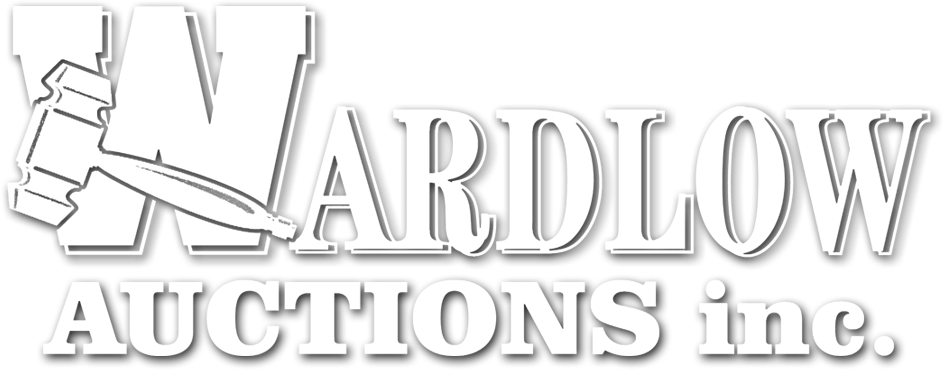For Buyers
Ready to place your first bid? Watch this video to learn how!
Advantages of Buying at Auction:
- Cost Efficiency: The opportunity to acquire property below expected costs, ensuring a fair market value.
- Transparent Competition: Equal playing field for all bidders, eliminating negotiating conflicts and providing confidence in the purchase price.
- Immediate Confirmation: Instant knowledge of winning bids, offering timely decision-making for successful bidders.
Types of Auctions:
- Absolute Auction: An auction where the property is sold to the highest bidder regardless of price. The advantage of an Absolute auction is that bidders know the property is going to sell without reservation of price. Thus, it tends to generate more interest among potential buyers. In an Absolute auction the Seller cannot bid on the property, nor can anyone bid on the Seller’s behalf.
- Reserve Auction: An auction where the Seller can put a minimum, or reserve price, on the property. The advantage of the Reserve auction is that if the property doesn’t bring what the Seller needs, it does not have to be sold. The disadvantage of a Reserve auction is that it is usually not as effective in generating interest and attendance among potential buyers.
Buyer’s Premium:
- A percentage added to the bid, determining the final selling price.
- Does not oblige buyers to pay more than intended; they can adjust bidding accordingly.
- 10% buyer's premium is charged on all our auctions.
- For example, with a 10% buyer’s premium and the final bid is $100,000, the final selling price is $110,000.
Inspections:
- Real Estate: Prescheduled open houses for property viewing or upon inquiry. In nearly all real estate auctions, the property is sold “as is” with no condition or contingency. That includes inspections such as home, termites, radon, lead-based paint, etc. We want potential buyers to be as knowledgeable about the property as they care to be. Thus, potential buyers are welcome to get any kind of inspection they want but it should be done prior to the auction; it cannot be used as a negotiating item with the Seller; and the potential buyer must pay for the inspection.
- Personal Property: Prescheduled open houses are held for the majority of our personal property auctions; inspection times provided in advertising or upon inquiry.
Buying Real Estate at Auction:
- Pre-established Terms: Establishes a level playing field for all buyers with predefined terms and conditions.
- Open Forum Environment: Transparent bidding process allows buyers to observe competitors and establish increments.
- Market Value Establishment: Auctions reveal true market value, the buyer has the confidence of knowing that they had to pay just enough to get the property, otherwise the second-place bidder would have gotten the property at the next lowest bidding increment.
- Potential Cost Savings: Most bidders come to an auction with an amount in mind as to how much they plan to pay for the property. Buyers may acquire property at a lower-than-expected price, providing a financial advantage. If the bidding went higher than what they were willing to pay, the bidder still had the option to stop bidding or to continue bidding.
Knowing the Terms and Conditions:
- Real Estate Auctions: Key terms include the down payment, acceptable payment forms, and details on closing and possession dates.
- Personal Property Auctions: Key terms include acceptable payment forms and removal deadlines for auction items.





